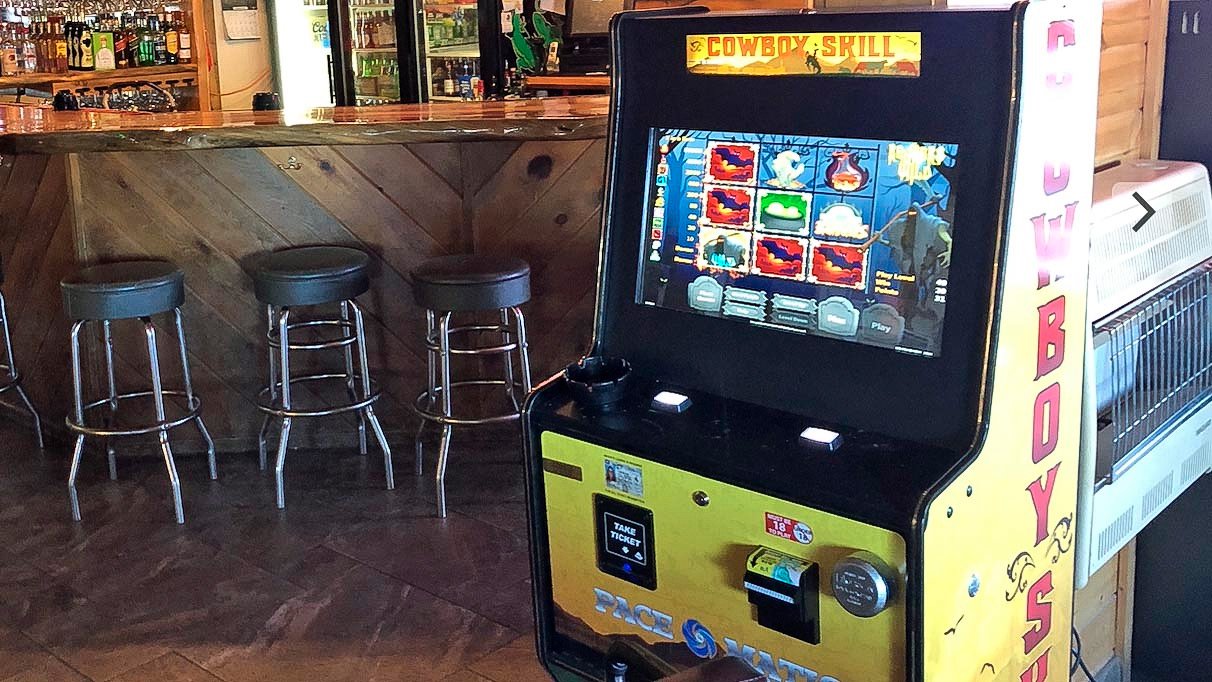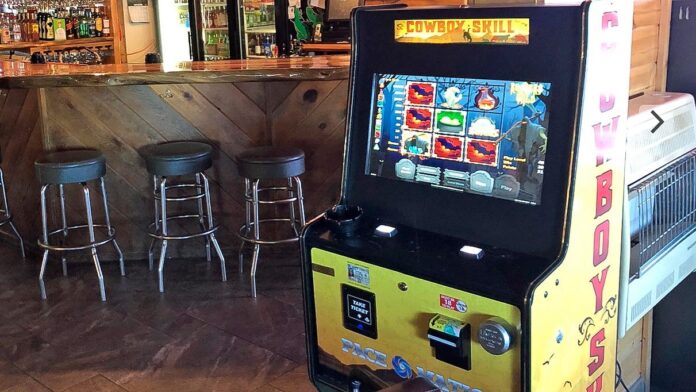Pennsylvania Senator Gene Yaw (R-23) has introduced legislation that seeks to establish a regulatory framework and taxing structure on so-called “skill video games,” which are currently expanding in the Commonwealth.
The bill comes as skill gaming machines continue to multiply inside venues such as restaurants and bars. According to Yaw, it’s long past due that the state legalizes the controversial gaming terminals in order to better protect consumers and generate tax revenue.
“Many skill game terminals are manufactured in Pennsylvania and 90% of the revenue they generate stays here, mainly in the communities where the games are located,” Sen. Yaw said. “Thousands of skill games exist throughout the state, and they cannot and should not be ignored.”

“Skill video games are meeting a growing demand for this type of entertainment and with each passing day, Pennsylvania is missing out on the opportunity for significant additional revenue. It’s time we recognize the benefits of this emerging industry and offer regulatory support.”
While skill gaming machines look and function similarly to Las Vegas-style slot machines, they come with one major difference: players must identify a winning payline, whereas a traditional machine automatically pays out on a winning spin.
Supporters of the machines argue that the “skill” element of recognizing winning lines render the devices immune from the Pennsylvania Gaming Act, which regulates legal gaming machines.
The legal status of the machines has continuously been challenged in court, and while several state judges have ruled in agreement with the skill gaming interest, the Pennsylvania Lottery and the state’s regulated gaming interests want the devices to be deemed illegal.
Yaw calls for legalization
Senate Bill 706 establishes the Skill Video Gaming Act, which directs sole regulatory authority over the sale, distribution, and use of a skill video game system to the Pennsylvania Department of Revenue. Enforcement would be carried out by the Bureau of Liquor Control Enforcement (LCE).
The proposal includes an initial license application fee of $1 million for skill video game distributors, $25,000 for operators, and $250 for establishments, followed by a yearly renewal fee structure.
Estimates suggest there are as many as 70,000 skill gaming machines currently operating in the Commonwealth. According to Yaw, this structure could generate an estimated $300 million in immediate annual tax revenue. The bill includes a 16% tax on legal skill video games.
Critics opine that skill games take money away from the state’s lottery and casinos, but the facts simply do not support this assertion.https://t.co/kiw615Rsxw pic.twitter.com/v9ueX2XClN
— Senator Gene Yaw (@SenatorGeneYaw) April 10, 2023
From that tax, 50% will be deposited into the General Fund, while 22% will be proportionally distributed to both individual counties and municipalities based on their respective gross profit. The remaining revenue will be directed to LCE for enforcement purposes.
Yaw’s measure also includes a valid ID requirement to play and a limit on the number of machines per establishment. All games will be required to be connected to a terminal collection and control system that allows the Commonwealth to monitor all transactions and ensure that all taxes are accrued and paid. The legislation would also strengthen penalties for those who operate unlicensed and illegal games and gambling devices.
“Pennsylvania’s skill game terminals are manufactured right here in Lycoming County and the finished products exist in fraternal clubs, veterans’ organizations and taverns, as well as other local businesses throughout the commonwealth,” Yaw said in a Tweet this month.
“Skill games are a piece of the small business economy in our state, and it’s time we recognize the benefits of this emerging industry and offer regulatory support, so that we can ensure it flourishes — safely and responsibly.”
Original article: https://www.yogonet.com/international/news/2023/05/22/67245-pennsylvania-senator-introduces-legislation-to-regulate-34skill-34-video-gaming-machines














